The archives are still alive and well
It is hard to imagine that behind the simple facade of building 711,
in Corozal, there is a wealth of documents detailing the different periods through which the Panama Canal has gone through.
The cultural heritage of the Panama Canal is a first-hand source of information. As part of World Archives Day, celebrated on June 9, we take a look at the Canal’s archival heritage managed by the Archives Administration and Preservation Team.
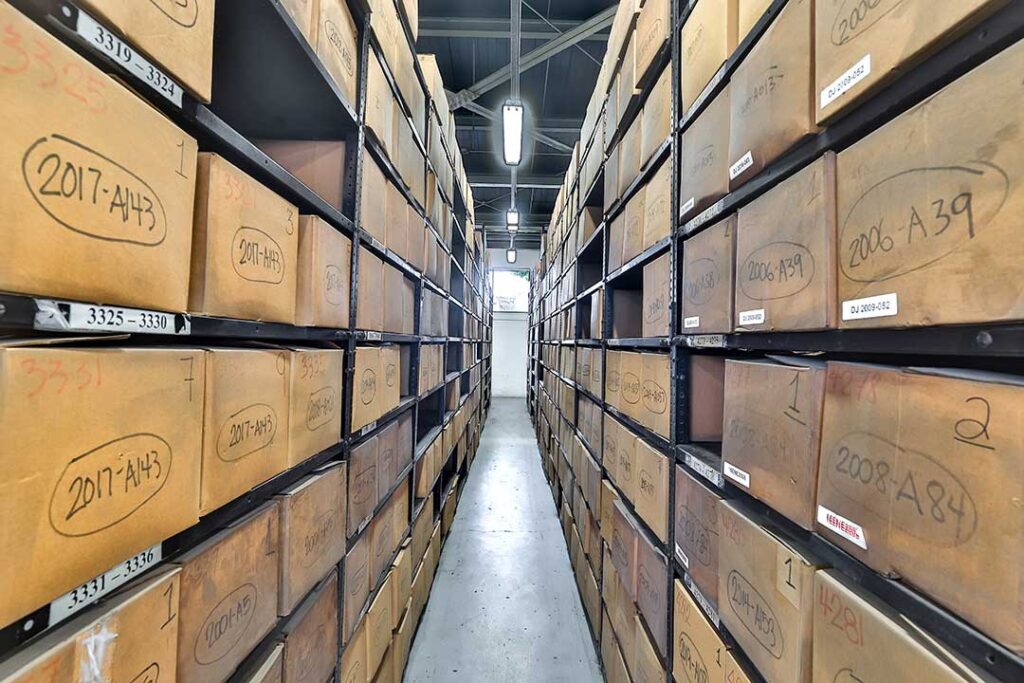
What is an archive?
Archives are documents created, received and kept as evidence and information for an organization or individual. They are records that are retained by those who create them, their successors, or an archival institution that is responsible for them, because of their legal value or because they have historical significance.
The beginnings
After the failure of the French company, the United States purchased the canal concession for $40 million. This transaction grants it the rights to build a canal in Panama, as well as all the assets and properties. It also inherited the archives generated by the Railroad Company and all the documents and maps found on the isthmus and in Paris, generated by the French during their construction attempt.
In March 1904, the first official meeting of the Isthmian Canal Commission was held, where the great work was organized. From that date, interest arose in consolidating and preserving the archives inherited from the Canal’s predecessor agencies in one office, and the Record Bureau was created for that purpose.
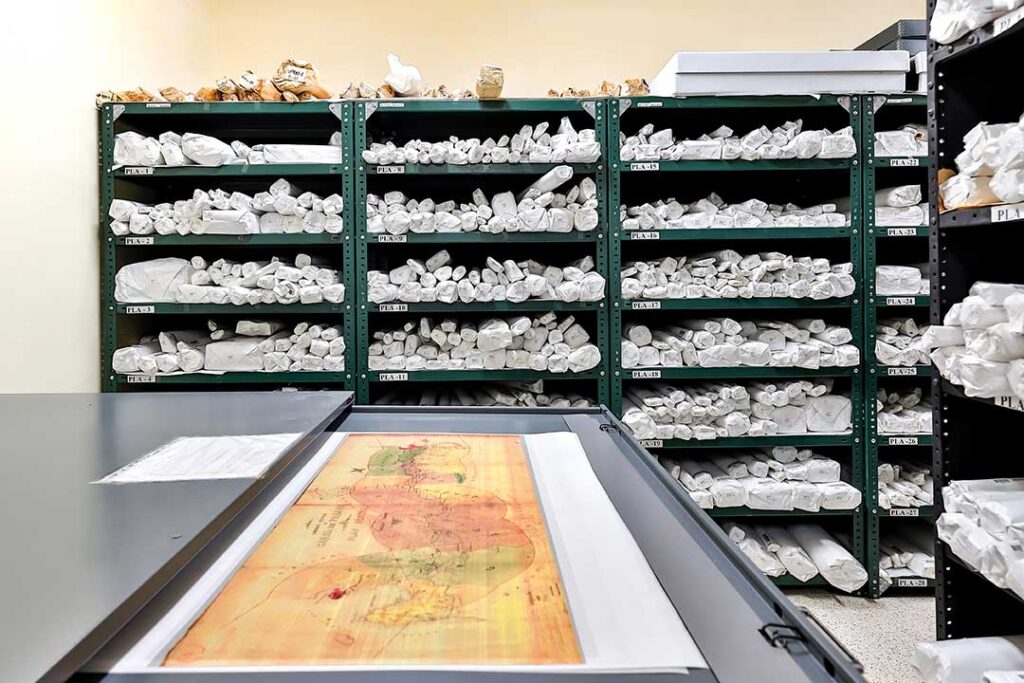
The first location of this office was in the Culebra area, and it was later moved to the Canal Administration building in 1915.
By 1954, the space available in the Administration Building was very limited, and it was because of this, and the need for a classification system for the archives, that the Agency Records Center was created. This center was located in Building 9-A in Balboa, with a capacity of 6,000 cubic feet of archives in order to provide economical storage for the inactive archives of the different offices of the agency.
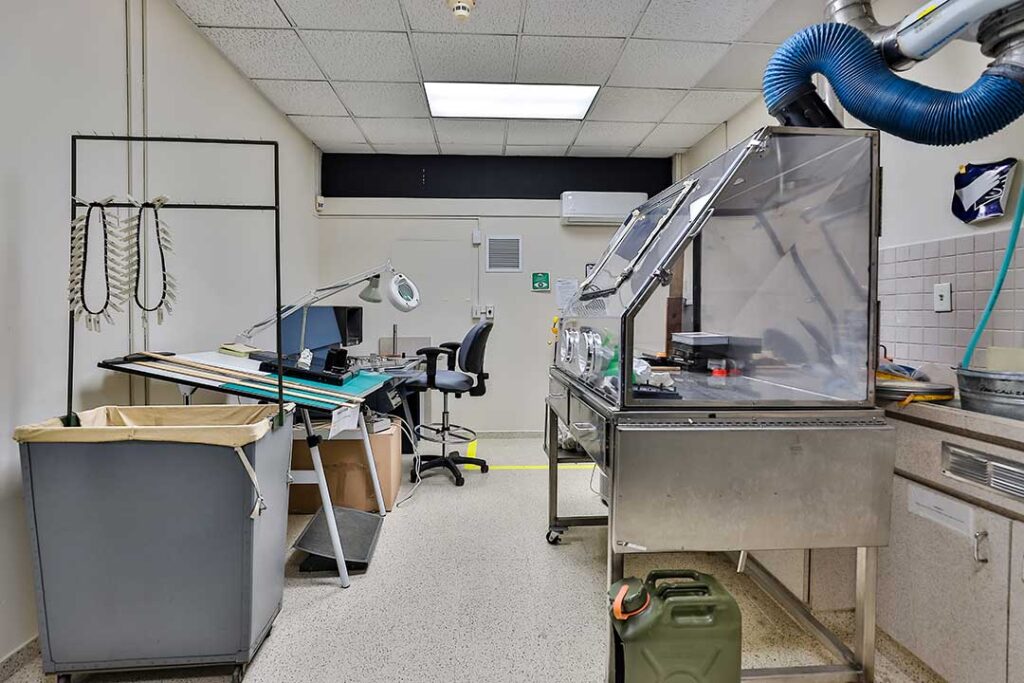
New Location
After the reversion of the Canal to Panamanian hands, the office in charge of the archives changes its name to Archives Management Section, under the Information Technology Department. The function of managing the permanent archives, which were previously transferred to the U.S. federal archives centers, is added. In 2003, due to space requirements and to consolidate all the offices that made up the section, the new facilities were inaugurated in Building 711, Corozal Oeste.
Leopoldo De León, an archives technician, guides us through the corridors of this building, which resembles a large galley. This experienced canal operator with 32 years of experience points out that “one of the most relevant archives is the Canal Record, since it contains detailed information on Canal construction activities and is one of the main sources of information during that period.
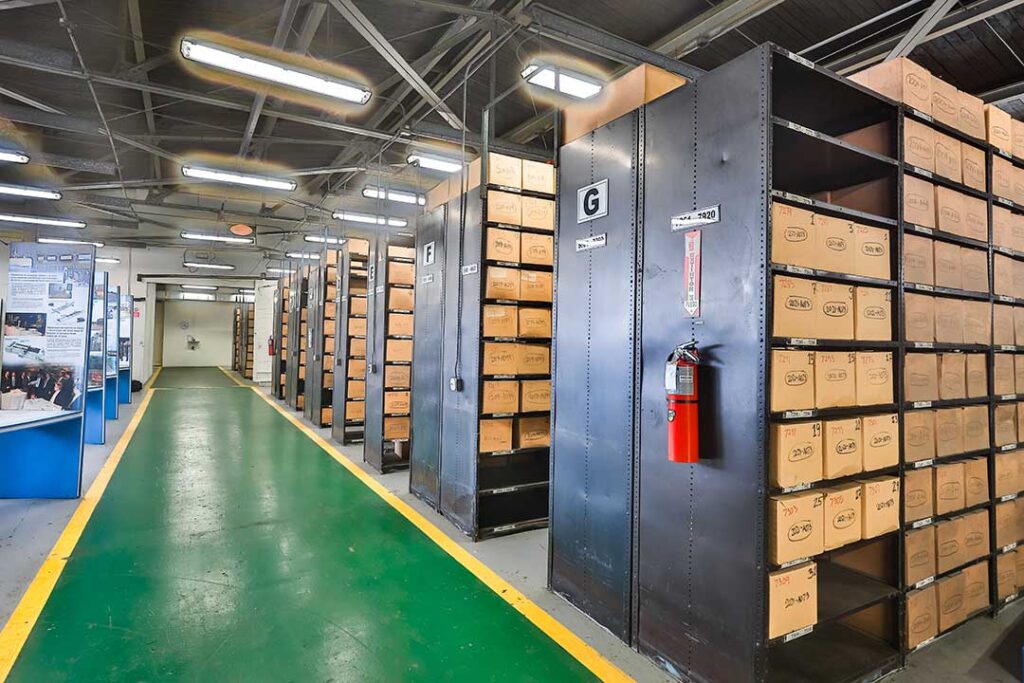
Its present
The Corozal facility houses 15,382 cubic feet of archives, including administrative documents, maps, publications, and Canal expansion files. It stores a valuable photographic and audiovisual collection of approximately 100,000 negatives, 180,000 slides, 5,000 videos on magnetic tapes of different formats, 1,500 16mm acetate film tapes, and 11,200 rolls of microfilmed information. All these documents recount the technical and operational events that took place from the beginning of the attempt to build the French Canal up to the present day, including the entire Canal expansion process, as well as details of the daily life of those who lived in and around the Canal areas.
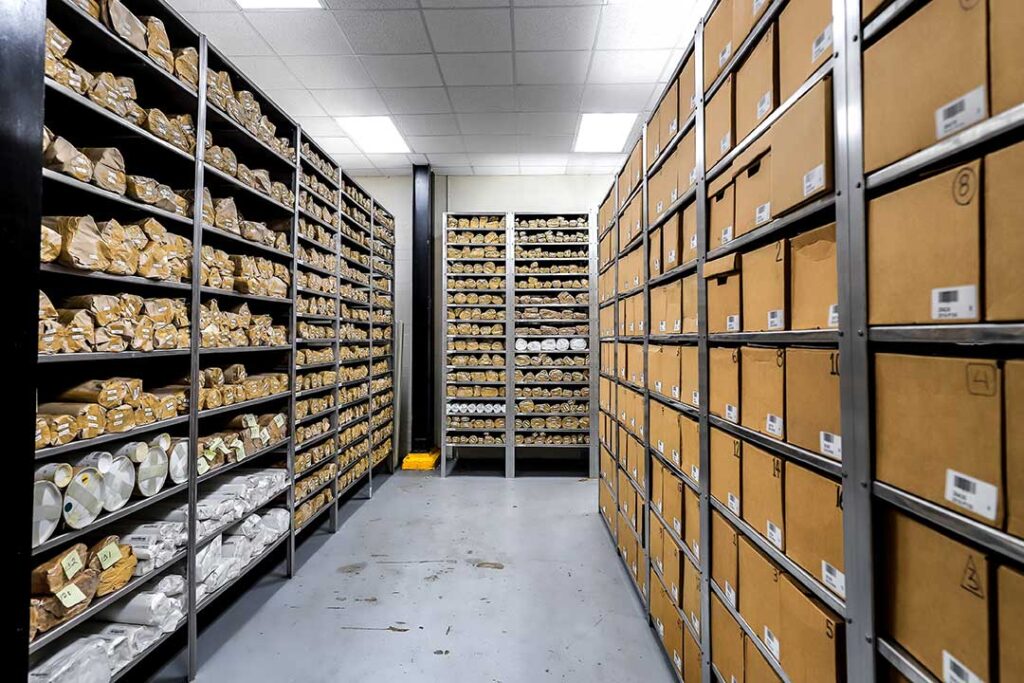
Validity
The Canal’s archives, which detail its administration before its inauguration, are a valuable historical heritage preserved throughout history. De León reminds us that “the Panama Canal archives are unique; without them its history would not be known, and operations could not be carried out efficiently”.